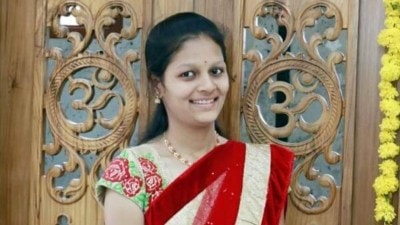- India
- International
The Akhtarul effect, Kishanganj & beyond
While caste is the primary factor in other Bihar seats, in these Seemanachal seats the outcome depends on religious polarisation
The withdrawal of Akhtarul Iman, JD(U)’s Kishanganj candidate, from the contest may not just have dampened the morale of the party’s Muslim candidates in Bhagalpur, Sheohar and Madhubani, it can also pave for sharp polarisation in neighbouring Purnea, Araria and Katihar.
While caste is the primary factor in other Bihar seats, in these Seemanachal seats the outcome depends on religious polarisation. Iman’s last-minute decision has also embarrassed the JD(U) leadership that has now announced support to any other “good” Independent candidate.
The JD (U) candidate came second in Kishanganj in 2009. CM Nitish Kumar got this seat for JD (U) after convincing its then ally — the BJP. However, it was the Congress candidate who won. Kishanganj, with a 72.5 per cent Muslim population, is known for voting on community lines. Araria, Purnea and Katihar have over 20 per cent Muslims. BJP had won these three seats in 2009.
Kochadhaman residents said Iman had not been drawing good crowd. Mohammed Mujibuddin, a medical practitioner at Rahmatpara, under Kochadhaman Assembly segment, said: “While campaigning against JD(U) in 2010 polls, Iman would often often say one who joins JD(U) loses his marriage. Now that he came as JD(U) candidate, he was not convincing. We are happy he pulled out making it easier for Congress”.
A JD(U) leader conceded that Iman’s pull-out had “embarrassed the party”. “It has been giving a wrong message on where we stand as a party among Muslims. Worse, it can pave way for polarisation on three other Seemanchal seats, which often decides its votes in the last moment,” said the leader.

Purnea which will witness a triangular contest between BJP, Congress and JD (U) may well see a direct impact of the polarisation.
“Purnea, Araria and Katihar have long been known for aggressive polarisation from either community. The two communities who often clash over little things traditionally only give vent to this rift during elections. This is why caste factor seldom works here,” said an analyst.
Apr 19: Latest News
- 01
- 02
- 03
- 04
- 05






































